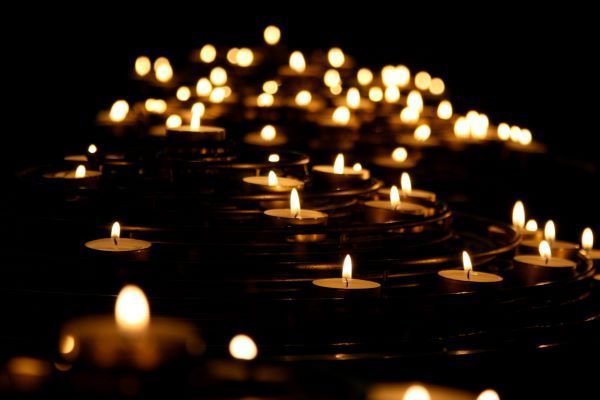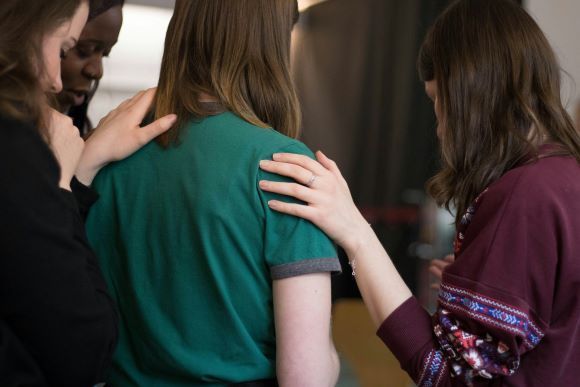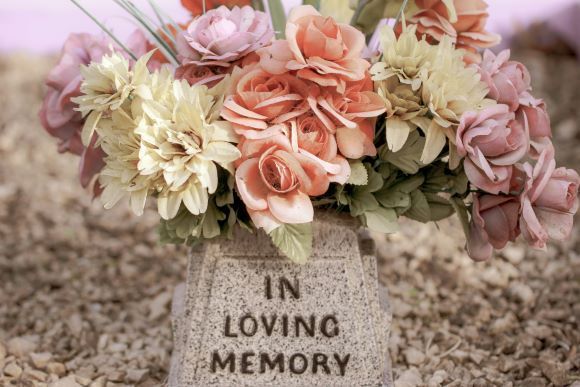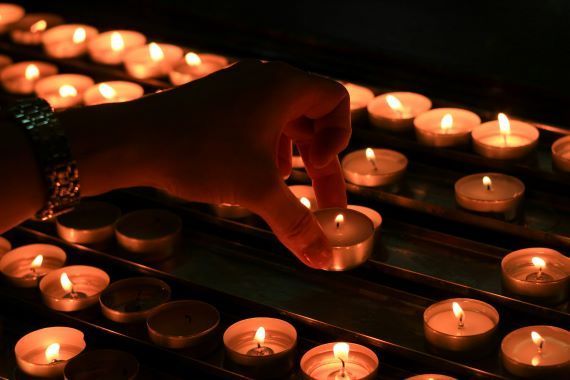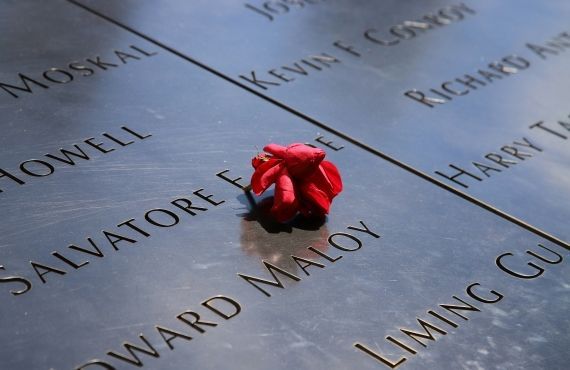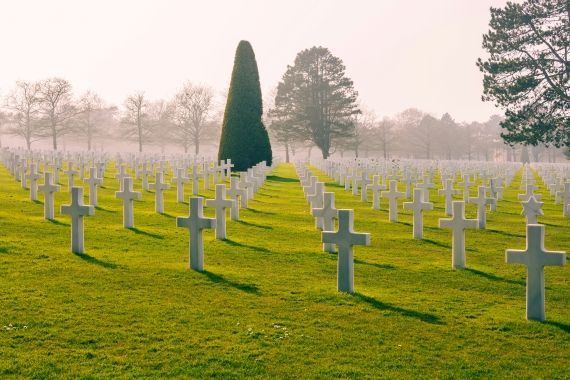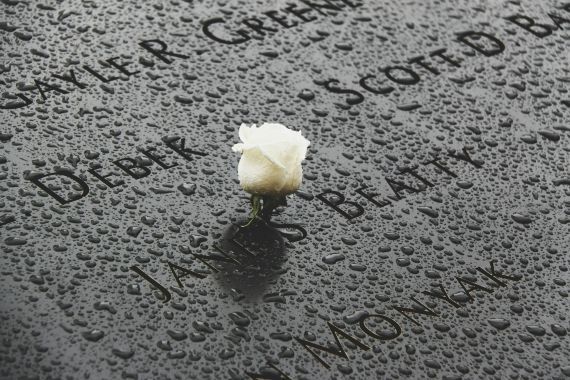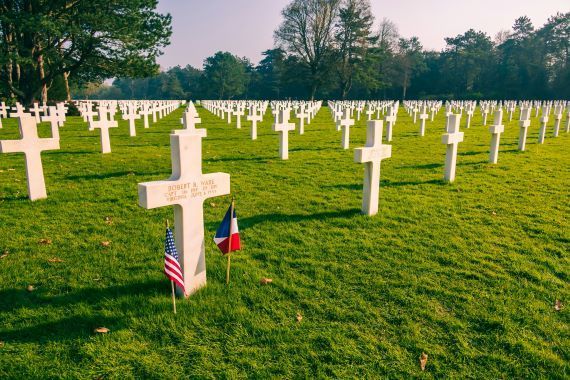163 Main St.
Pennsburg, PA 18073
Fax: 215-679-5782
Modern Trends Reshaping Practices on Cremation Services
Explore how current trends are transforming cremation services offering families new ways to honor their loved ones. Discover the latest in cremation practices.

Cremation services in Hellertown, PA, are experiencing a significant transformation, reflecting broader shifts in societal attitudes, environmental concerns, and technological advancements. As the demand for cremation services continues to rise, driven by its cost-effectiveness and flexibility, emerging trends are reshaping the way these services are approached and provided. This exploration delves into the modern trends that are influencing cremation practices, offering a glimpse into the future of memorial services and the ways in which families commemorate their loved ones.
The Rise of Eco-Friendly Cremation Options
Environmental sustainability has become a paramount concern, influencing consumer choices across various sectors, including funeral services. Biodegradable urns and the use of eco-friendly cremation processes, such as bio-cremation or alkaline hydrolysis, reflect this shift. These methods use less energy and produce fewer emissions compared to traditional cremation, aligning with the growing societal push towards environmental stewardship.
Personalization and Memorialization
The trend towards personalization has significantly impacted cremation services. Families now seek more personalized memorials that reflect the unique life and preferences of the deceased. This can include custom urns, memorial jewelry containing ashes, and services held in meaningful locations outside of traditional funeral homes. The emphasis is on creating a memorable and significant experience that celebrates the individual's life story and legacy.
The Integration of Digital Technologies
Digital technology is playing an increasingly crucial role in cremation services. Online memorial sites, virtual funeral services, and digital guestbooks are becoming commonplace. These technologies facilitate a broader participation in memorial services, especially for those unable to attend in person due to geographical or health-related constraints. Furthermore, the use of online platforms for arranging cremation services simplifies the planning process, making it more accessible and less burdensome for grieving families.
Changing Attitudes Toward Death and Mourning
Societal attitudes toward death and mourning are evolving. There's a growing acceptance of death as a natural part of life and a shift towards more open and honest conversations about end-of-life preferences. This change is mirrored in the increasing preference for cremation, seen as a more flexible and less formal option that can be tailored to the desires of the deceased and their families. It also reflects in the way memorials are conducted, with a focus on celebration of life ceremonies rather than somber events.
Community-Focused Services
There's a noticeable trend towards more community-focused services. Cremation allows for memorial services to be held in various settings that were significant to the deceased or their families, such as parks, community centers, or family homes. This shift facilitates a more intimate and personalized mourning process, enabling families and communities to come together in remembrance and support.
The Growth of Pre-Planning Services
Pre-planning for cremation services is on the rise, with more individuals taking an active role in outlining their end-of-life preferences. This not only ensures that their wishes are respected but also alleviates the decision-making burden on family members during a time of grief. Funeral homes and cremation providers are responding by offering more comprehensive pre-planning packages and resources to guide individuals through the process.
Conclusion
Cremation services in Hellertown, PA, like elsewhere, are evolving to meet the changing needs and preferences of society. From eco-friendly options and personalized memorials to the integration of digital technologies and a shift in societal attitudes, these trends are reshaping the way we think about and engage with the process of commemorating our loved ones. As we move forward, these trends are likely to continue influencing the landscape of cremation services, ensuring that they remain a meaningful and accessible option for families during their times of loss.
In embracing these trends, cremation services in Hellertown, PA, are not only responding to the current needs of families but are also paving the way for future innovations in how we honor and remember those we have lost.

